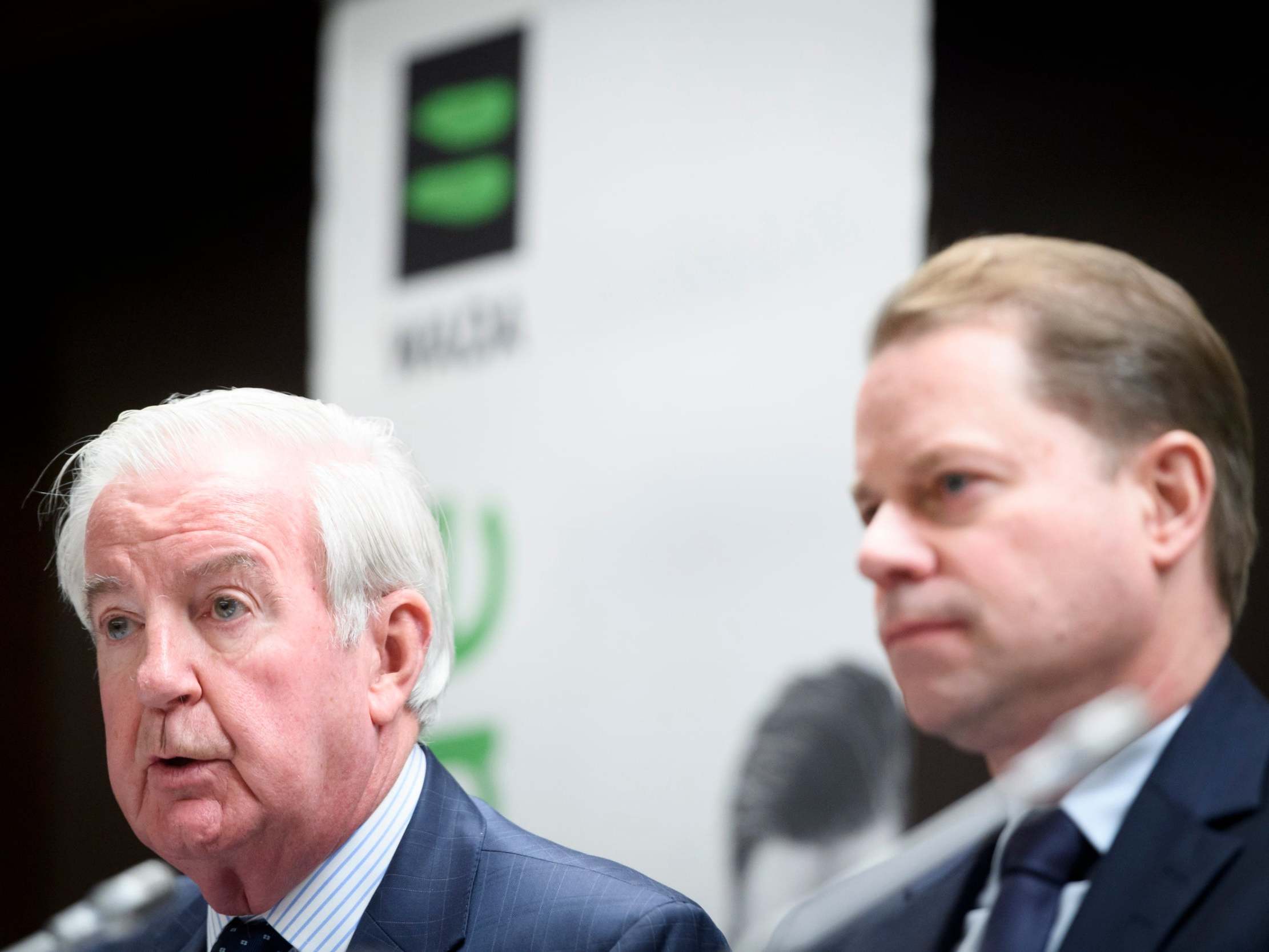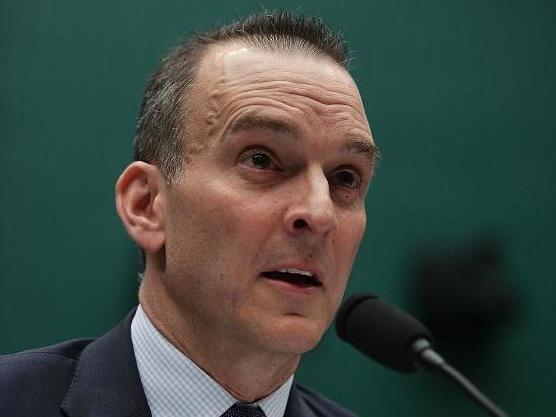Russia banned from Olympics, World Cup and all major sporting events for four years by Wada
Wada’s executive committee voted unanimously at a meeting in Lausanne to hand Russia a four-year ban from major international sport due to tampering with anti-doping data
Russia has been banned from all major sporting events for four years by the World Anti-Doping Agency [Wada], meaning the country will not be represented at the 2020 Olympic Games or 2022 World Cup.
Wada’s executive committee has taken action against the sporting heavyweight due to evidence that Russian authorities tampered with a Moscow laboratory database to hide hundreds of potential doping cases and falsely shift the blame onto whistleblowers, according to Wada investigators and the International Olympic Committee [IOC].
In announcing the decision after the Russian Anti-Doping Agency [Rusada] failed to meet Wada’s reinstatement conditions, Wada president Craig Reedie claimed that the country had been “afforded every opportunity to get its house in order and re-join the global anti-doping community, but it chose instead to continue in its stance of deception and denial”.
Last month the Wada compliance review committee [CRC] recommended that the country should be handed a ban over hosting and competing in major international events after inconsistences were found in Rusada's data, which displayed evidence of tampering to cover up a mass drugs scandal.
At a meeting in Lausanne on Monday, the Wada executive committee unanimously agreed to impose a four-year ban on Russian representation at major sporting events, which will also include the 2021 World Athletics Championships in Eugene, Oregon, having concluded that data was deliberately tampered with by planting fake evidence and deleting files linked to positive doping tests, which could have helped to identify drug cheats.
Wada president Sir Craig Reedie said: “The ExCo’s strong decision today shows Wada’s determination to act resolutely in the face of the Russian doping crisis, thanks to the Agency’s robust investigatory capability, the vision of the CRC, and Wada’s recently acquired ability to recommend meaningful sanctions via the compliance standard which entered into effect in April 2018. Combined, these strengths have enabled the ExCo to make the right decisions at the right time.
“For too long, Russian doping has detracted from clean sport. The blatant breach by the Russian authorities of Rusada’s reinstatement conditions, approved by the ExCo in September 2018, demanded a robust response. That is exactly what has been delivered today.
“Russia was afforded every opportunity to get its house in order and re-join the global anti-doping community for the good of its athletes and of the integrity of sport, but it chose instead to continue in its stance of deception and denial.”
Russian athletes who can prove they are untainted by the doping scandal will be able to compete at the 2020 Olympics and Paralympics in Tokyo under a neutral flag and without the national anthem.
However, the national football team will not be allowed to compete at the Qatar 2022 World Cup in any form unless they successfully appeal the ruling, though it has already been confirmed that they will be allowed to compete at next summer’s European Championship as well as host games in St Petersburg as Uefa is not defined as a "major event organisation" in regards to anti-doping breaches.
Fifa said it has "taken note of the decision and is in contact with WADA and ASOIF [Association of Summer Olympic International Federations] to clarify the extent of the decision in regards to football".
Russia has attempted to clear its sporting name to no avail since 2015, when a report commissioned by Wada found evidence of a state-sponsored doping programme.
As a result many of its athletes were banned from competing at the 2016 Rio Olympics and 2018 Pyeongchang Winter Olympics, while a number have been stripped of their medals won at the 2014 Sochi Winter Olympics following retrospective testing.
Rusada was reinstated by Wada last year on the condition that Moscow provided an authentic copy of the laboratory data, but this failed to materialise and sports minister Pavel Kolobkov claimed last month that the discrepancies were due to technical issues.

Wada has also confirmed that should Rusada choose to appeal the ban, the case will be referred to the Court of Arbitration for Sport.
Rusada are yet to comment on the decision but Kolobkov responded by claiming they had done everything they could to meet Wada’s demands, while some officials have questioned the anti-doping agency's motives and claimed that their move is part of a Western-based strategy to impact Russia’s success.
"Everything possible was done to resolve this situation. Everything possible," Kolobkov said in a Moscow press conference.
The Russian Olympic Committee echoed those thoughts, with president Stanislav Pozdnyakov claiming the sanctions remain “inadequate, illogical and excessive”.
"Of course, we are disappointed, but we initially assumed that the recommendations of the Wada executive committee would be approved without change, especially after the main points were made public,” he added.

But the United States Anti-Doping Agency chief executive Travis Tygart, one of the biggest critics of what he sees as light punishment from Wada, has hit out at the failure to impose a blanket ban on all sport and athletes.
"To allow Russia to escape a complete ban is yet another devastating blow to clean athletes," Tygart said in a statement. "Wada promised the world back in 2018 that if Russia failed yet again to live up to its agreements, it would use the toughest sanction under the rules.
"Yet, here we go again; Wada says one thing and does something entirely different."
Join our commenting forum
Join thought-provoking conversations, follow other Independent readers and see their replies
Comments
Bookmark popover
Removed from bookmarks